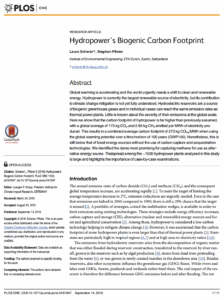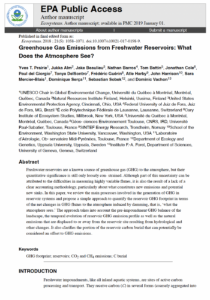New IPCC Report Doubles Down on Water Crisis
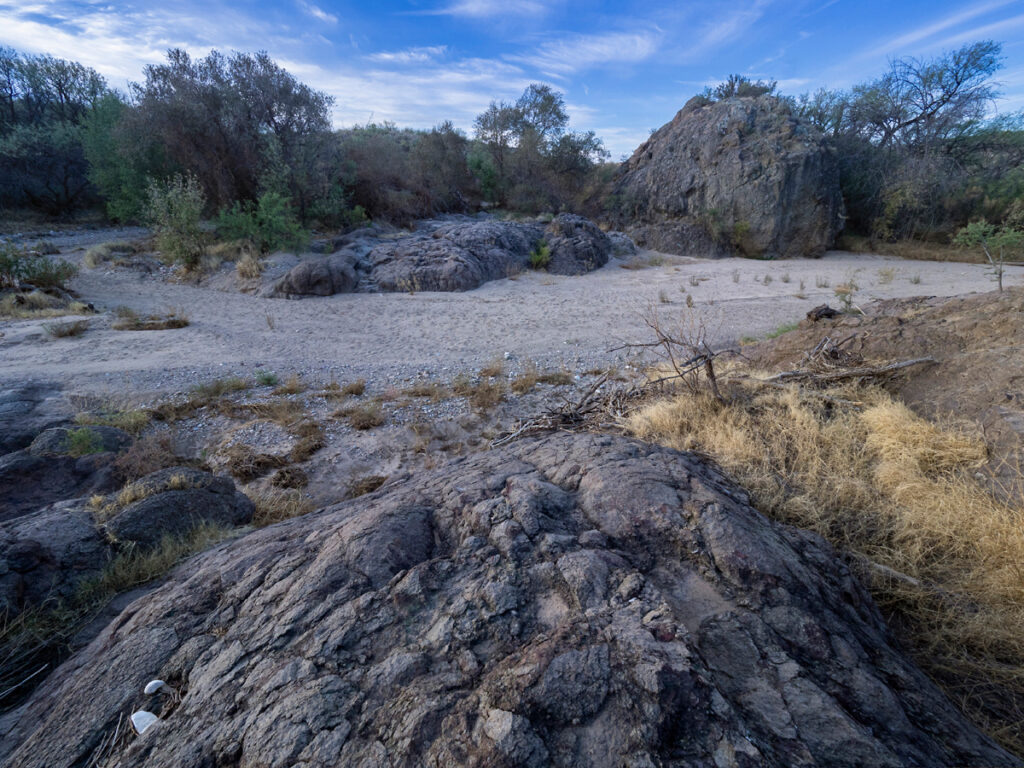
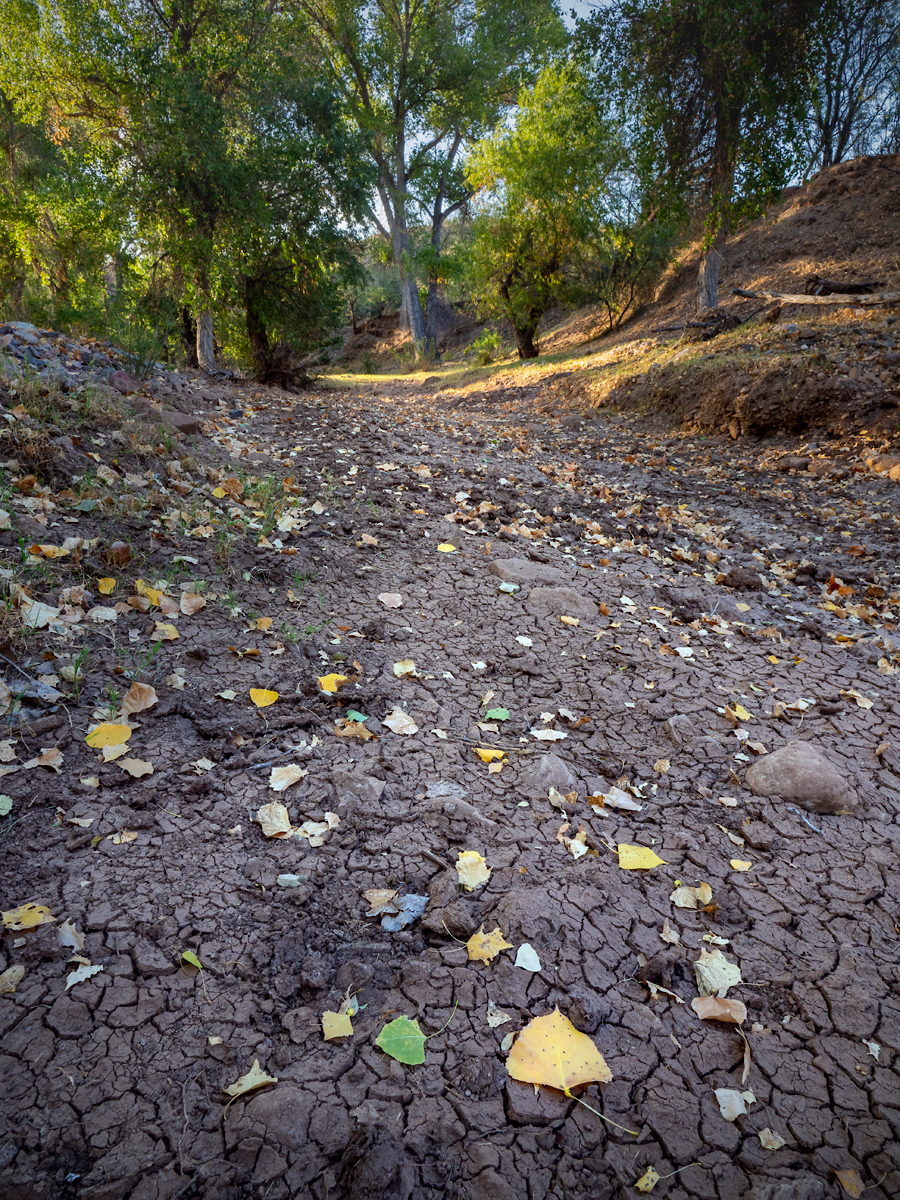
The dry Sonoita Creek creekbed along the Blackhawk Trail in the Sonoita Creek State Natural Area, Pima County, Arizona | Photo by Colleen Miniuk
The IPCC report released today is yet another urgent alarm bell, urging us to wake up to the real dangers of climate change that communities across the globe are already experiencing. Climate change is bringing severe consequences – from increasing floods and failing dams that endanger entire communities, to droughts and tapped-out water supplies that put people, industries, economies and ecosystems at risk.
What is clear is that the climate crisis is a water crisis. Failing dams, flooded homes and dried up rivers will be our future unless we take action now. Just, equitable adaptation for communities, rivers and clean water are achievable and are essential to our collective health, safety, and future.
The threats are real. To address them we must commit to climate adaptation now for communities and ecosystems to thrive in an era of climate change.
Here’s a breakdown:
Threats
Climate change is already wreaking havoc on communities and their rivers and water supplies
- Methane-Producing Dams: More than 90,000 dams turn free-flowing rivers across the U.S. into stagnant impoundments that release methane, a greenhouse gas 80 times more potent than carbon dioxide.
- Failing infrastructure: Major flooding and hurricanes have caused dozens of dams to fail in the Carolinas, and Michigan’s Edenville Dam failed catastrophically in 2020. Climate change is bringing more frequent and severe flooding at a time when U.S. dams are aging and outdated.
- Rivers running dry: The Colorado River – which supports a $1.4 trillion economy and drinking water for 40 million people – is in crisis due to climate change and decades of overallocation. The river is so over-burdened it no longer reaches the sea.
- Disastrous flooding: Record flooding along the Mississippi River in 2019 caused $20 billion in damage to people’s homes, farms and businesses in the floodplain. As flood risk grows with climate change, so does the risk to anyone living in harm’s way.
Solutions
Protecting and restoring our rivers and freshwater creates stronger communities and is key to climate resilience
- Safeguard clean water through green, natural infrastructure: To manage its increasingly intense rainstorms and related polluted stormwater and sewage spills, the City of Atlanta committed to investing in natural or “green’ infrastructure to slow, store and filter the water, protect intown communities from flooding and improve quality of life.
- Reconnect rivers through floodplain restoration: In California’s Central Valley, restoring the floodplain gives the San Joaquin River room to move, increasing capacity to hold floodwaters while creating wildlife habitat and recharging groundwater supplies.
- Protect healthy, free-flowing rivers: On South Carolina’s Waccamaw River, protecting land from development and establishing a blue trail has improved flood protection and increased access to nearby nature for community recreation.
- Remove harmful and unnecessary dams: More than 1,900 dams have been removed nationwide. Demolition of four dams on Oregon and California’s Klamath River is set to begin in 2023 to restore endangered salmon runs, thanks to leadership from the Yurok, Karuk, Klamath and other tribes. The Klamath is a prime example of how dismantling dams, reducing reservoir methane emissions, addressing historic injustices against Tribal Nations and building climate resilient rivers go hand-in-hand.
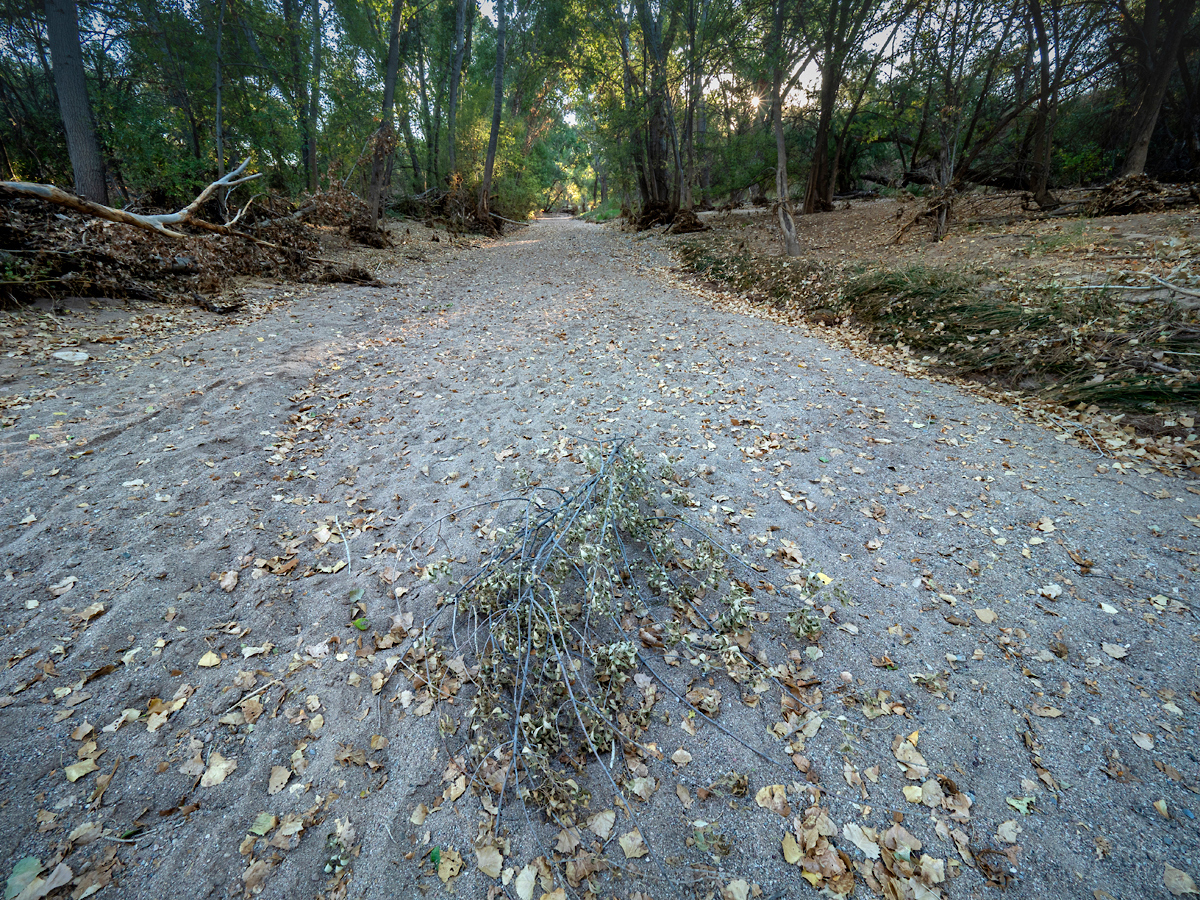
The dry creek bed of Cienega Creek in the Cienega Creek Natural Preserve, Pima County, Arizona | Photo by Colleen Miniuk
The IPCC report calls on us to focus our attention on climate change impacts and to finally make the commitment to adaptation to give communities, rivers, ecosystems a chance to thrive in the face of climate change. Decision makers at every level must prioritize protection of rivers and water resources and, in doing so, protect people and communities. This moment demands transformation in the way we manage, care for and connect with our rivers and clean water that are essential to all life.
American Rivers released a Rivers and Climate Policy Statement in November. Read more.
The post New IPCC Report Doubles Down on Water Crisis appeared first on American Rivers.

